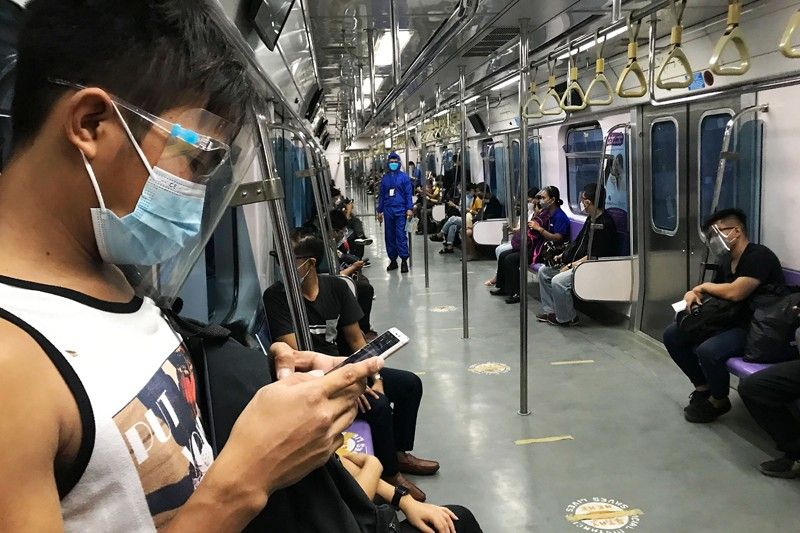Duterte signs law allowing full foreign ownership in key sectors like telcos

MANILA, Philippines — President Rodrigo Duterte on Monday signed into law the Public Service Act, which would ease restrictions on foreign investments in key industries.
The law amended the 85-year-old Commonwealth Act 146, known as the Public Service Act. The changes would open industries that foreigners were once limited to own or invest in — such as telecommunications, airlines, and railways — to full foreign ownership since they would be excluded from the definition of "public utility."
There are still some sectors that are restricted to full foreign equity such as public utility vehicles, power, water, seaports and petroleum pipelines. Under the 1987 Constitution, only corporations that are at least 60% owned by Filipinos shall be given “the franchise, certificate and authorization” to operate as a public utility.
As it is, the enactment of Public Service Act is Duterte’s latest attempt to open up the economy even more to foreign businessmen. Last January, he signed into law a bill amending the Retail Trade Liberalization Act of 2000. That new law trims the required capital for foreign retailers to P25 million from $2.5 million (at least P125 million) previously to entice global brands to open their shops here.
By easing the country’s protectionist policies, the Duterte administration is hoping that the Philippines can now corner more job-generating foreign capital for Filipinos. In Southeast Asia, several reports show the Philippines has been lagging in terms of attracting foreign direct investments, with the coronavirus onslaught further tarnishing the country’s appeal to investors.
Beyond job creation, some experts said allowing more foreign participation in important industries would encourage competition, which could benefit consumers through affordable prices.
But some watchers said the longstanding issues of corruption, cronyism and red tape in the country will still deter foreign investments since it continues to delay permits, disqualify competition, and raise capital costs to do business in the country.
- Latest
- Trending























